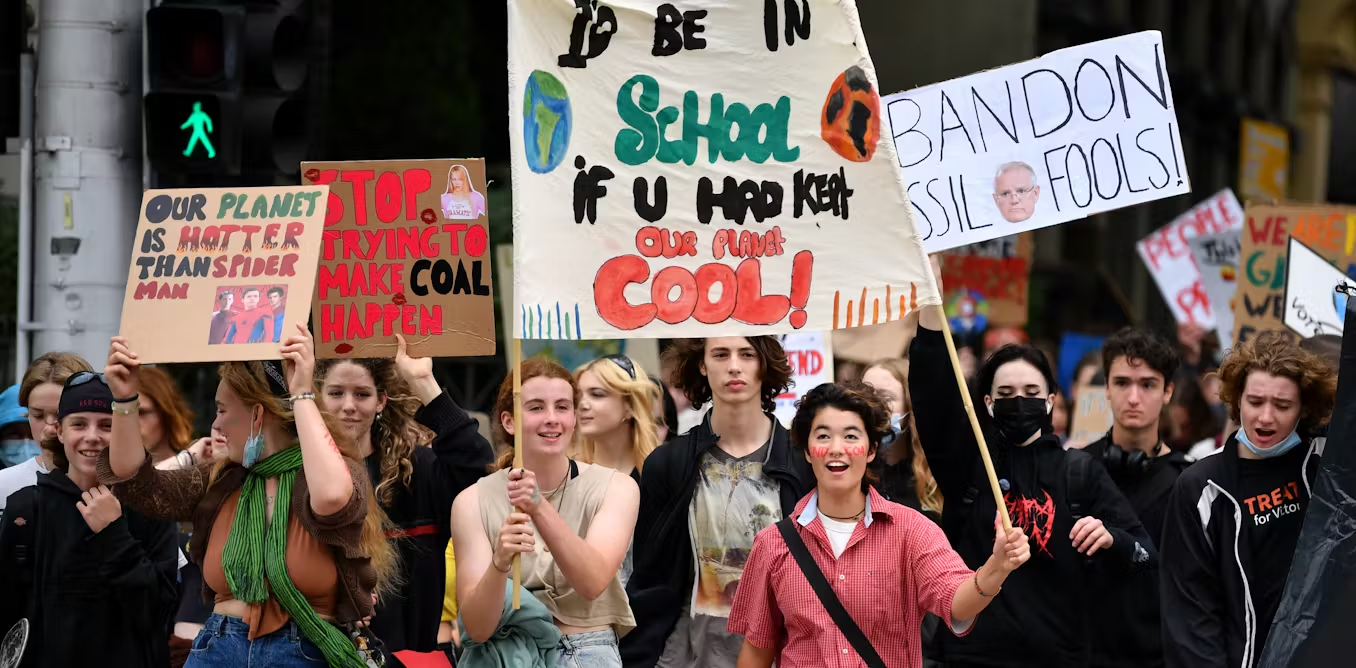Labor’s decisive victory in Australia’s 2025 federal election has defied global political trends that have seen young men increasingly gravitating toward conservative politics. While countries across the West, Asia, and Africa have witnessed a rightward shift among young male voters, Australia bucked this pattern with Anthony Albanese’s Labor Party achieving a landslide win. The election marked a historic moment as millennials and Gen Z voters, comprising 47% of the electorate, overtook baby boomers as the largest voting bloc for the first time.
Unlike Donald Trump’s victory strategy that relied heavily on controversial male influencers like Joe Rogan, Albanese courted progressive content creators, many of whom were women. This strategic difference in digital outreach, combined with Australia’s unique political world and compulsory voting system, appears to have insulated the country from the global trend of young men embracing far-right politics.
Australia’s Digital Political Battlefield
The 2025 election represented Australia’s first truly social media-driven campaign, with platforms like TikTok, Instagram, and YouTube becoming crucial battlegrounds for capturing young voters. Prime Minister Albanese dominated TikTok with more than double the content of his political rivals, generating significantly higher engagement rates. His strategic use of social media included memorable moments like using the TikTok-famous phrase “delulu with no solulu” in parliament after being challenged by podcast hosts.
Hannah Ferguson from Cheek Media, who interviewed both the Prime Minister and the Greens leader, noted that Australia’s election felt like a “battle of influence.” Unlike the United States, where right-wing influencers positioned themselves against perceived left-wing mainstream media, Australian progressive content creators were challenging what Ferguson described as media “heavily dominated by Murdoch.” This fundamental difference in media world positioning may explain why Australian influencers leaned progressive rather than conservative.
The influence of content creators extended beyond traditional campaigning, with many focusing on educating young voters about the preferential voting system and encouraging political engagement. Influencers like Abbie Chatfield, who interviewed key political figures and hosted events with the Greens, played a significant role in mobilizing the youth vote.
Defying Global Conservative Trends

Research analyzing decades of Australian Election Study data reveals that while young Australian men are more conservative than young women, they remain significantly more progressive than older generations of men. This contrasts sharply with global patterns where young men have shifted dramatically rightward.
In the 2024 US election, men aged 18-29 strongly supported Trump, while women of the same age voted overwhelmingly for Kamala Harris. Similar gender divides appeared in the UK, where young men were twice as likely to vote for Nigel Farage’s Reform UK, and in Germany, where young men increasingly support the far-right Alternative für Germany.
However, analysis of Australian electorates with higher concentrations of young voters shows they were more likely to swing toward Labor. Youth researcher Intifar Chowdhury found that electorates with higher percentages of first-time voters and those under 30 demonstrated stronger Labor support, directly contradicting global rightward trends among young men.
The Compulsory Voting Factor
Australia’s compulsory voting system appears to be a crucial factor in preventing the political radicalization seen elsewhere. Jill Sheppard from the Australian National University argues that while small cohorts of young men may be influenced by figures like Andrew Tate, they are “dwarfed by the young voters who either vote like their parents do, or they’re voting Greens because they’re worried about climate change and renters’ rights.”
The compulsory system means that mobilizing authoritarian sentiment among male voters risks alienating larger portions of the electorate. This structural difference from voluntary voting systems in other countries may explain why populist strategies that succeeded elsewhere failed in Australia.
Economic Concerns Over Culture Wars
Young Australian voters prioritized practical issues over cultural divisions, with housing affordability, cost of living, and climate action dominating their concerns. Content creator Konrad Benjamin, whose audience consists predominantly of millennial males, noted that his followers are primarily concerned with economic issues like housing and taxation systems rather than cultural grievances.
The Coalition’s attempt to run on “woke culture wars” was rejected by Australian voters, who demanded substantive policy solutions rather than divisive rhetoric. This preference for issue-based politics over ideological positioning may have contributed to Labor’s success in capturing young male votes despite global trends suggesting otherwise.
Labor’s victory demonstrates that Australia’s unique combination of compulsory voting, progressive digital influencers, and voter focus on practical issues has created a political environment resistant to the rightward drift of young men seen globally.

